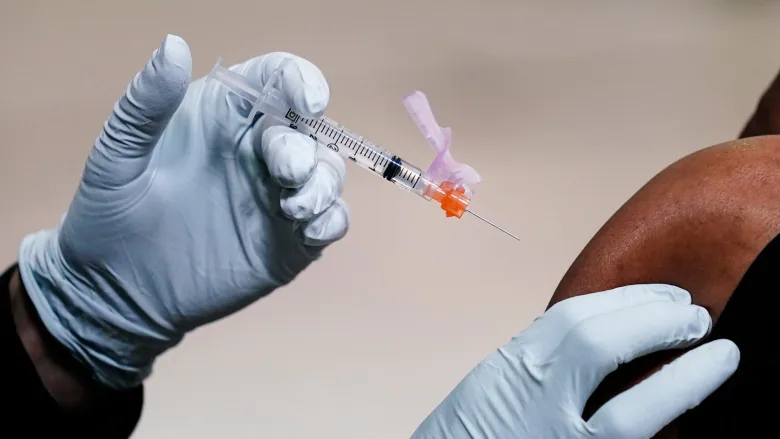Tokyo, 23 January, /AJMEDIA/
COVID-19 vaccines are working incredibly well at preventing severe disease, but future boosters will likely need to be tailored to target new and existing variants, strengthen immunity and ultimately help regain control over the pandemic.
The vaccines currently used were made to target the original strain of the virus, which is dramatically different from the highly transmissible Omicron variant that has become dominant globally in the weeks since it was identified.
Protection against infection has dropped significantly with Omicron, largely due to the dozens of mutations on the virus’s spike protein, making it much easier to spread through both vaccinated and unvaccinated populations than with previous variants.
But while defence against hospitalization has held up remarkably well in the face of this new challenger, immunologists and virologists agree that updating vaccines to be more similar to circulating variants will provide better long-term protection.
“Omicron is different enough where I think we need to update it,” said Deepta Bhattacharya, an immunologist and professor at the University of Arizona.
“In some ways, I guess I’m a little surprised that third doses do as well as they do.”
Vaccines holding up well against Omicron
New research is showing just how well boosters are holding up in the Omicron wave — still protecting against infection, symptoms and especially hospitalization. But how long that protection lasts is still an open question.
A new report from the U.S. Centers for Disease Control and Prevention found that while vaccine effectiveness against Omicron hospitalization fell to just 57 per cent in people who were more than six months out from a second shot — it grew to 90 per cent with a booster.
A second CDC report looked at 25 U.S. states between April and December and similarly found that while defence against infection waned, those with boosters had much higher protection against symptoms both when Delta was dominant and when Omicron overtook it.
And a third study from CDC researchers published in the the Journal of the American Medical Association this week found three shots of mRNA vaccines were close to 67 per cent effective against symptomatic disease from Omicron compared to the unvaccinated.
Additional CDC data released this week also found unvaccinated Americans over the age of 50 were close to 45 times more likely to be hospitalized than the vaccinated.
“Three doses of the original recipe seem to give good resistance towards Omicron-induced severe COVID-19,” said University of Toronto immunologist and associate professor Jennifer Gommerman. “What we don’t know is how long that will last because Omicron is so different.”
Omicron has “drifted” away from the original strain of the virus, Gommerman said, but mRNA vaccines are “very versatile” and manufacturers are already pivoting their formulations against it.
“It makes sense that if we administer any future doses they would be tailored to prompt an immune response to Omicron,” she said.
“One of the reasons healthy vaccinated folks are getting Omicron infections, which is sometimes accompanied by mild illness, is because the immune response must shift towards recognizing this new variant.”









































